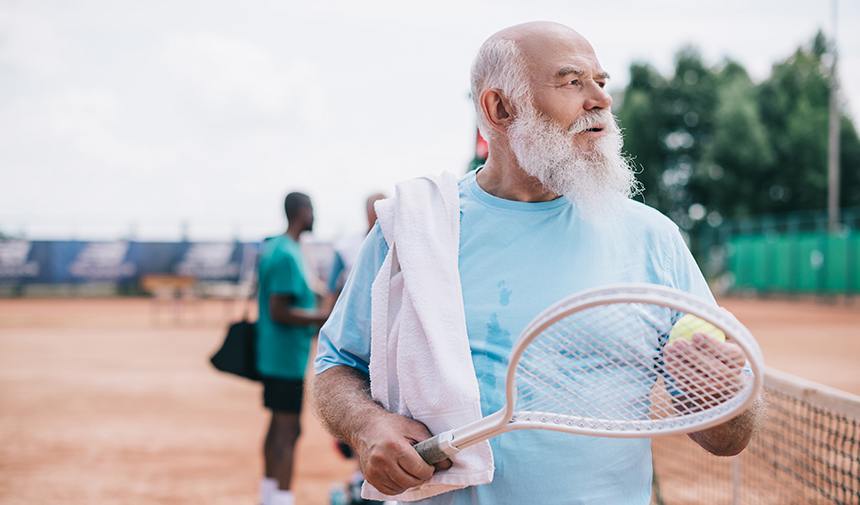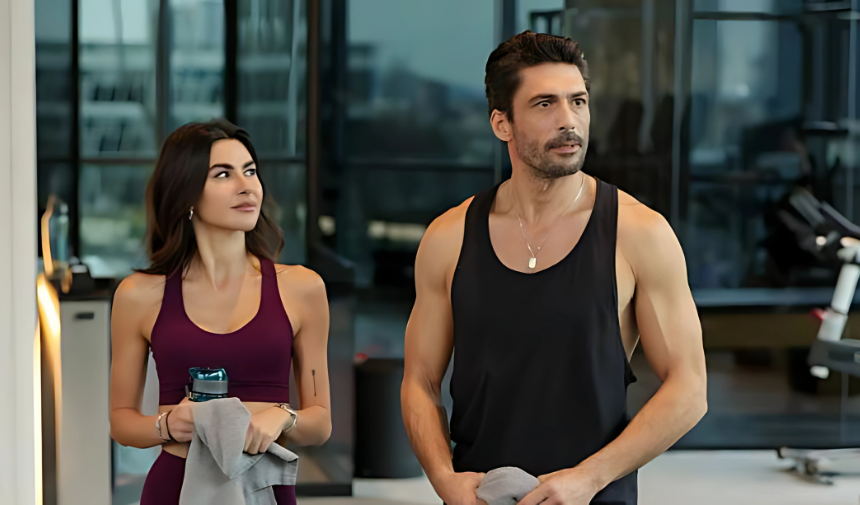Old age is a period of physical and mental changes. Health and independence are critical factors affecting the quality of life of older people. Regular sports and exercise programs for the elderly are an effective way to maintain health and independence. This article discusses the importance and benefits of exercise programs for the elderly and how these programs can contribute to the quality of life of older adults.
Importance of Exercise Programs for the Elderly
The aging process comes with many challenges, such as loss of muscle mass, reduced bone density, joint stiffness and general loss of physical strength. Regular exercise helps seniors overcome these challenges, while at the same time improving quality of life. Exercise programs allow seniors to lead an independent life by maintaining mobility and flexibility.
Another important goal of exercise programs for seniors is to help prevent or manage chronic diseases. Regular physical activity can reduce the risk of health problems such as heart disease, high blood pressure, diabetes and osteoporosis. In addition, exercise can improve seniors’ mood, helping them overcome emotional problems such as depression and anxiety.
Benefits of Exercise Programs
Exercise programs for the elderly provide a variety of benefits on physical and mental health. These benefits are important for maintaining independence and improving the quality of life of the elderly.
Physical Strength and Endurance: Exercise programs support endurance by increasing the muscle mass and physical strength of seniors. Strong muscles make it easier to perform daily activities and reduce the risk of falls.
Bone Health and Balance: Exercise programs for seniors reduce the risk of osteoporosis by increasing bone density. In addition, balance exercises increase safety by reducing the risk of falls.
Flexibility and Mobility: Flexibility exercises allow seniors to move more easily in daily life by maintaining joint mobility. This helps seniors maintain their independence.
Mental Health and Social Connections: Exercise programs improve seniors’ mental health and provide social interaction. Group exercises reduce feelings of loneliness by strengthening the social bonds of the elderly.
Exercise Programs for Seniors
Exercise programs for seniors can include different types of exercise. Aerobic exercises improve cardiovascular health, while resistance exercises support muscle strength. Balance and flexibility exercises help seniors maintain their independence by reducing the risk of falls.
Many community centers, gyms and health facilities offer special exercise programs for seniors. These programs are designed to suit the health needs of seniors. Before starting exercise programs, seniors are advised to consult a health professional to assess their health status and choose the appropriate program.
Conclusion
Sport and exercise are an effective tool for maintaining health and independence in old age. Exercise programs for the elderly provide positive effects on physical strength, bone health, flexibility and mental health. Regular exercise reduces the risk of chronic diseases and improves quality of life by strengthening social ties. The elderly should be encouraged to participate in exercise programs to lead an independent and healthy life.



